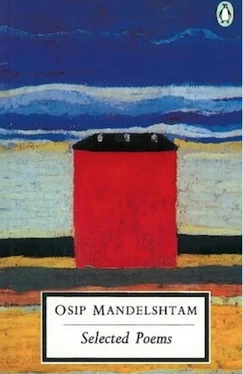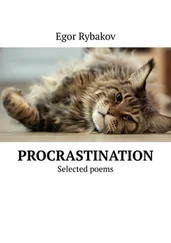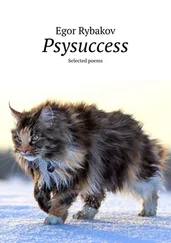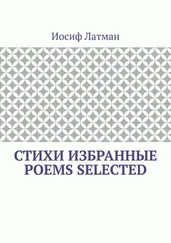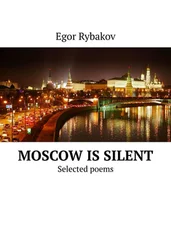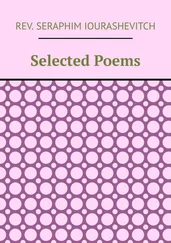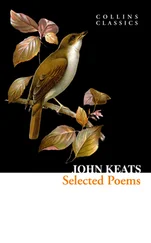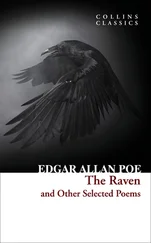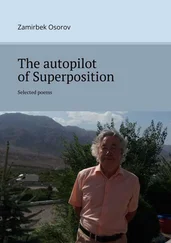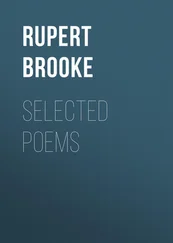Osip Mandelshtam - Selected Poems
Здесь есть возможность читать онлайн «Osip Mandelshtam - Selected Poems» весь текст электронной книги совершенно бесплатно (целиком полную версию без сокращений). В некоторых случаях можно слушать аудио, скачать через торрент в формате fb2 и присутствует краткое содержание. Город: London, Год выпуска: 1991, ISBN: 1991, Издательство: Penguin Books, Жанр: Поэзия, на английском языке. Описание произведения, (предисловие) а так же отзывы посетителей доступны на портале библиотеки ЛибКат.
- Название:Selected Poems
- Автор:
- Издательство:Penguin Books
- Жанр:
- Год:1991
- Город:London
- ISBN:978-0-14-196539-0
- Рейтинг книги:4 / 5. Голосов: 1
-
Избранное:Добавить в избранное
- Отзывы:
-
Ваша оценка:
- 80
- 1
- 2
- 3
- 4
- 5
Selected Poems: краткое содержание, описание и аннотация
Предлагаем к чтению аннотацию, описание, краткое содержание или предисловие (зависит от того, что написал сам автор книги «Selected Poems»). Если вы не нашли необходимую информацию о книге — напишите в комментариях, мы постараемся отыскать её.
Selected Poems — читать онлайн бесплатно полную книгу (весь текст) целиком
Ниже представлен текст книги, разбитый по страницам. Система сохранения места последней прочитанной страницы, позволяет с удобством читать онлайн бесплатно книгу «Selected Poems», без необходимости каждый раз заново искать на чём Вы остановились. Поставьте закладку, и сможете в любой момент перейти на страницу, на которой закончили чтение.
Интервал:
Закладка:
Here for the first time we have a faithful version, not of Mandelshtam, but of as much of Mandelshtam as this scrupulous translator is prepared to stand by – faithful as never before, because as never before there is no line of the Russian poems that is not made poetry in English. Previous British versions have been wooden; this one rings – it is bronze, properly Roman bronze.
Donald Davie, 1977 Stanford University, CaliforniaTranslator’s Preface
[Mandelshtam] had no poetic forerunners – wouldn’t that be something worth thinking about for his biography? In all of world poetry I know of no other such case. We know the sources of Pushkin and Blok, but who will tell us where that new, divine harmony, Mandelshtam’s poetry, came from?
Anna AkhmatovaTranslation it is that openeth the window, to let in the light; that breaketh the shell, that we may eat the kernel.
King James Bible , 1611: ‘The Translators to the Reader’The question of how to translate – should translations, like wives and husbands, be ‘faithful’ or ‘free’? – has continued to be controversial ever since the literal-minded Gavin Douglas rebuked Caxton for his ‘counterfeit’ of Virgil, and Dryden (two hundred years later) aligned himself cautiously on the other side: ‘something must be lost in all Transfusion, that is, in all Translation.’ Where I sometimes add ‘ from ’ to the number in brackets at the bottom of each poem, this is to indicate that, in these versions, lines (and sometimes whole stanzas) have been omitted, in an attempt to produce poems that work in English , as Pound’s transformations of Rihaku do. Occasionally I compress two of Mandelshtam’s poems into one. (Boris Bukhshtab wrote in 1929: ‘in Mandelshtam’s poetry every stanza is practically autonomous… Any stanza can be discarded or added.’ [3] Russian Literature Triquarterly , No. 1, 1971.
This was not intended by him as a criticism. I leave it to the reader to work out how or if this can be reconciled with Clarence Brown’s statement concerning no. 39 that a poem for Mandelshtam ‘is a structure of words that support and oppose each other, as a cathedral is a structure of stones that support each other’.)
Mandelshtam’s poems are rhymed and strictly metrical, Whoever finds a horseshoe being the main exception. I have often had to eschew rhyme (but not half-rhyme, internal rhymes or assonance), and have tried to feel my way towards what might be the right rhythm for English.
To the non-Russian-speaking reader who wants to know about the relation between Mandelshtam’s metres (which I have not consciously set out to re-enact), length of line, etc., and mine, I can only say: total ‘faithfulness’, were it possible – the ‘same’ metre, rhyme-scheme, pattern of sounds, number of syllables, line-length, etc., etc. – would be an absurdity; translations that attempt ‘faithfulness’ to metre and rhyme-scheme of the originals are usually un faithful in a more important sense: they fail to have the same effect on an English reader as the original on a reader in the original language.
In her Foreword Nadezhda Mandelshtam writes: ‘Mandelshtam said that the contents are squeezed from the form as water from a sponge.’ She is wrong. Here is a translation of what Mandelshtam in fact wrote in his essay ‘Conversation about Dante’:
There is not just one form in Dante, but a multitude of forms. One is squeezed out of another… He himself says: Io premerei di mio concetto il suco (Inferno, XXXII, 4) – ‘I would squeeze the juice out of my idea, out of my conception.’ That is, he considered form something that is squeezed out, not as that which serves as a covering.
In this way, strange as it may seem, form is squeezed out of the content-conception which, as it were, envelops the form…
But only if a sponge or rag is wet can something be wrung from it… We will never squeeze any form out of it (the conception) unless the conception is already a form itself.
In connection with this, R. F. Holmes has written to me: ‘I think Mandelshtam imagines the concept in the poet’s mind being squeezed out by him in a form of words. Hence the concept , “strange as it may seem… envelops the form ”. If the mind contains no idea, the form-of-words coming out will be valueless; if the sponge is dry, nothing will come out of it.’ Or, as Jennifer Baines has put it: ‘Mandelshtam was tireless in his condemnation of those who advocated the separation of form from content.’ [4] Mandelshtam: The Later Poetry , 1976.
Kiril Taranovsky, Nils Nilsson and Omry Ronen have in recent years addressed themselves to the question formulated by Akhmatova – ‘who will tell us where that new, divine harmony, Mandelshtam’s poetry, came from?’ Thanks to their work (see Further Reading), we know much more about Mandelshtam’s literary subtexts and contexts, and about the ‘echoes and correspondences, reflections and refractions’ which Henry Gifford alludes to in an essay on Mandelshtam and Dante, [5]and are better able to decipher the message of Mandelshtam’s texts.
The Russian text I have mostly used, and the numbering of Mandelshtam’s poems given in brackets at the bottom of each poem, come from his Sobraniye sochineniy (Collected Works), second edition revised and expanded, edited by G. P. Struve and B. A. Filippov, Inter-Language Literary Associates, Vol. I, Washington, 1967. But I have also referred to the latest texts. Rather more than fifty of the poems contained in the present selection were not among those translated by Clarence Brown and W. S. Merwin in Osip Mandelshtam: Selected Poems (Oxford University Press, 1973; Penguin, 1977).
The Soviet editions of 1973 and 1974, edited by N. I. Khardzhiev, are not as comprehensive as the American edition. Of the poems translated here the Soviet editions exclude (in addition to both Odes to Stalin, positive and negative) nos. 91, 165, 223, 233, 267/268, 307, 316, 318, 319, 320, 329, 341, 350, 351, 352, 353, 359, 368, 372, 380, 385 and 387, some for what must be ideological reasons.
In the following lines, written as a black joke in 1935, Mandelshtam indicated what his official fate would be:
Читать дальшеИнтервал:
Закладка:
Похожие книги на «Selected Poems»
Представляем Вашему вниманию похожие книги на «Selected Poems» списком для выбора. Мы отобрали схожую по названию и смыслу литературу в надежде предоставить читателям больше вариантов отыскать новые, интересные, ещё непрочитанные произведения.
Обсуждение, отзывы о книге «Selected Poems» и просто собственные мнения читателей. Оставьте ваши комментарии, напишите, что Вы думаете о произведении, его смысле или главных героях. Укажите что конкретно понравилось, а что нет, и почему Вы так считаете.
